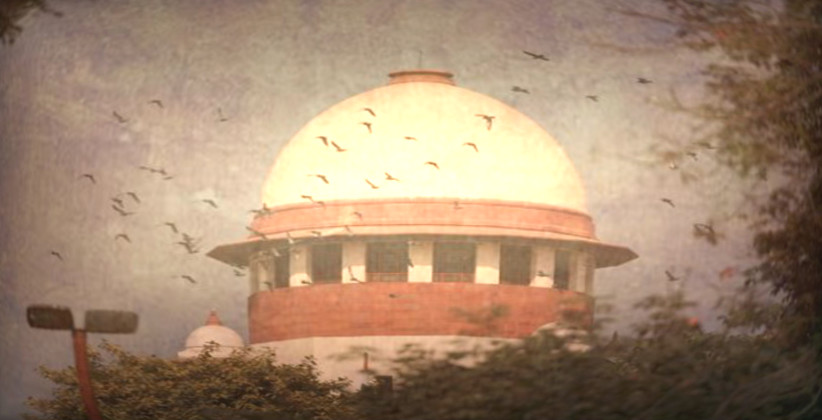The Supreme Court today (March 5, 2019) referred to a three-judge Bench a plea challenging the provisions relating to restitution of conjugal rights.
A Bench comprising of Chief Justice of India Ranjan Gogoi and Justice Sanjiv Khanna was hearing a petition filed by two law students from the Gujarat National Law University (GNLU) assailing the 1984 judgment of the Supreme Court in the case of Saroj Rani v. Sudarshan Kumar Chadha wherein the court had upheld the validity of Section 9 of the Hindu Marriage Act, 1955, which provides for restitution of conjugal rights.
Section 9 of the Hindu Marriage Act, 1955, states that When either the husband or the wife has, without reasonable excuse, withdrawn from the society of the other, the aggrieved party may apply, by petition to the district court, for restitution of conjugal rights and the court, on being satisfied of the truth of the statements made in such petition and that there is no legal ground why the application should not be granted, may decree restitution of conjugal rights accordingly.
Section 22 of the Special Marriage Act, 1954, and Order XXI Rule 32 and 33 of the Code of Civil Procedure, 1908, are the other provisions that govern the restitution of conjugal rights.
The petitioners have sought for all the provisions related to the restitution of conjugal rights to be struck down on the ground that they are violative of the rights to privacy, individual autonomy and dignity of individuals which are guaranteed under Article 21 of the Constitution of India.
Further, it was also contended that these provisions place a disproportionate burden on womenand is therefore violative of Articles 14 and 15(1) of the Constitution.







